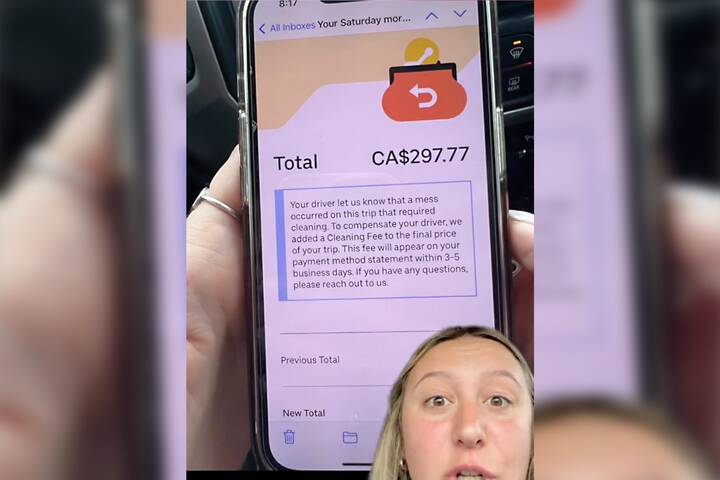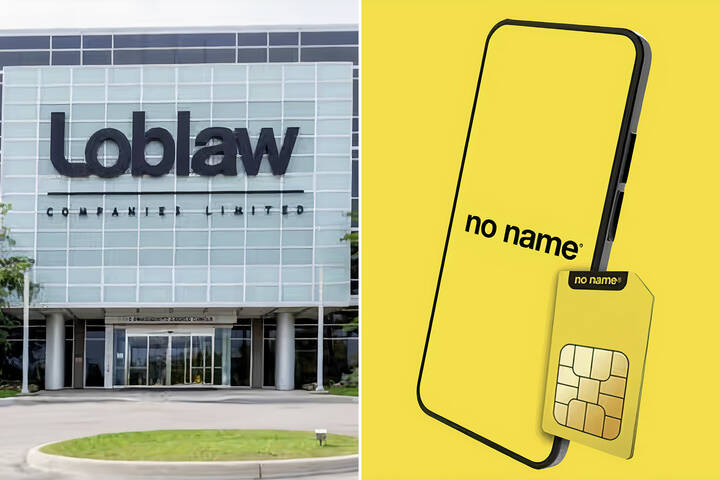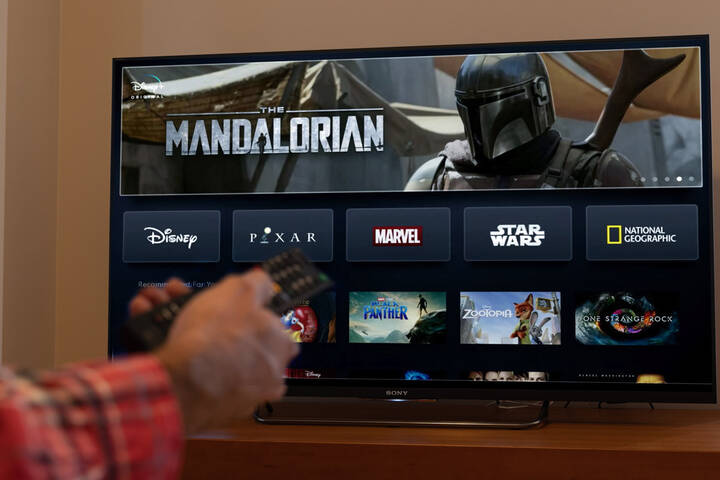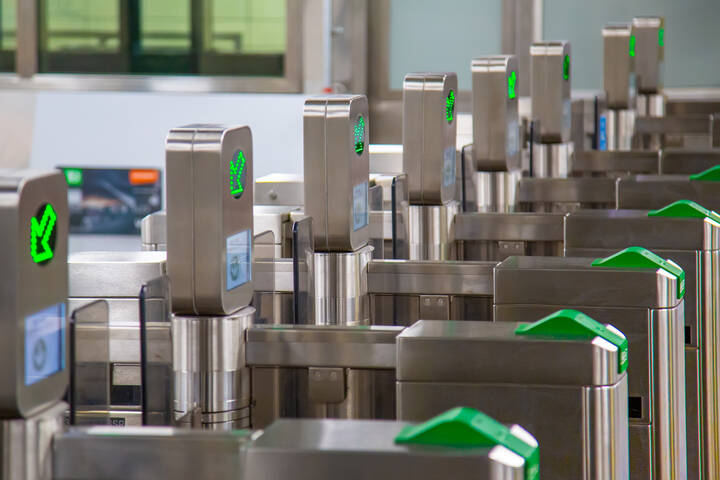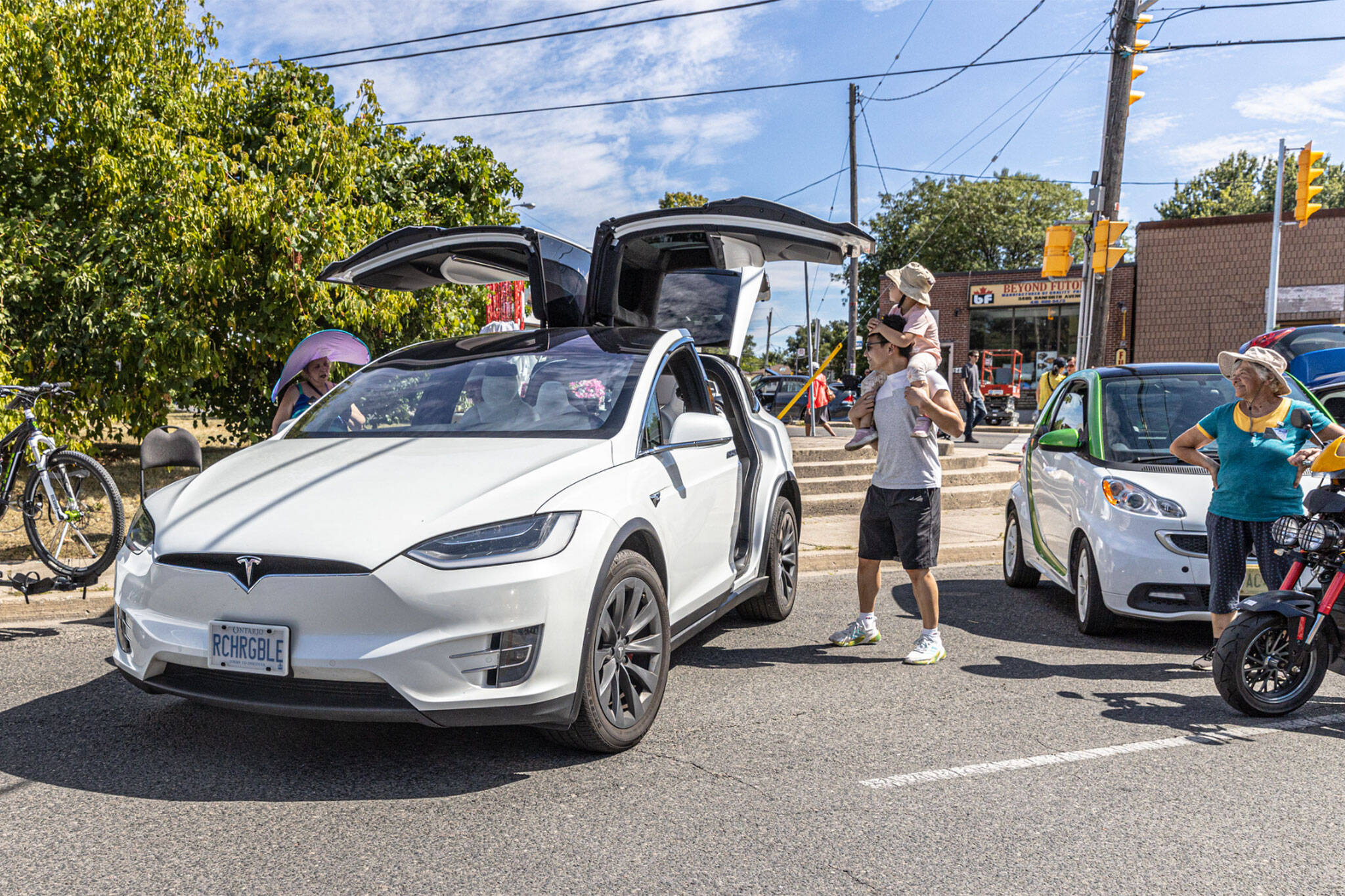
How to get an EV Charger installed on your street in Toronto
Getting an EV charger installed on your Toronto street might be just what you need if you want to drive an electric vehicle.
While it's relatively easy to charge your electric vehicle if you live somewhere with a parking garage or driveway, many of us in Toronto aren't so fortunate and need to park on the street.
The "garage orphans" of Toronto
Home and vehicle owners who do not have their own garage or driveway have been dubbed "garage orphans" by the EV industry.
This is according to a report drafted by the City of Toronto’s Environment and Climate Division in April 2023.
The report was addressed to the city's Infrastructure and Environment department to highlight the need for more EV charging stations in Toronto.
The report states that when determining the suitability of a location, the City considers existing wooden electric poles and whether existence of a charging station would obstruct the public's access to the right-of-way.
Additionally, local city councillors have a say in where chargers are installed.
The City of Toronto has yet to define clear-cut rules for obtaining permission to install an EV charger on the street for those without a garage or driveway.
At best, the City's website offers visitors a map of EV charging stations — part of various initiatives through its TransformTO Net Zero Strategy.
The EV Charger Request Form
The first thing you should do when trying to get a charger installed on your street is visit Green P Parking's customer support page and fill out the EV Charger Request Form. The online application includes options for both on-street and off-street parking.
Someone from the Toronto Parking Authority will come to inspect the area indicated in the request.
Of course, filling out a request does not guarantee installation. Also, the City of Toronto does not provide clear information about how long this process might take.
Hire an electrician
If you've already tried submitting an EV Charger Request Form to no avail, you may want to consider hiring a licensed electrician to provide other solutions. Not only is this faster, but it's also the most recommended method for safety and efficiency.
Before doing any work on your home, the licensed electrician will pull a permit from the Electrical Safety Authority. Unlike filing the charger installation request, this will happen almost immediately.
The electrician should file a "notice of work" or permit with the ESA before starting any work on your home.
Next, an inspector from the ESA will come to search the area to ensure it meets installation requirements.
One of the first things an electrician will do is assess your home's electrical panel for charging capacity. They will want to ensure your home can handle the extra load.
If your solution involves the installation of an EV charger, know that the amount of time it takes to install it varies from one scenario to the next.
Eclipse Electrical services Toronto and the GTA, and they say installing a Level 1 charger can take minutes, while installation of a Level 2 charger can take up to 90 minutes.
EV charger installations on the street are a bit more complex. For this reason, they may require more than a couple of days if the job requires breaking concrete on public property. For this type of work, the contractor may need to obtain a builder's permit from the city.
If the work is completed to compliance with the Ontario Electrical Safety Code, you should receive an ESA Certificate of Acceptance.
Types of Chargers
Electric vehicle chargers are categorized according to their voltage. Their voltage determines the speed at which they can charge a vehicle.
Level 1 chargers are the most basic and come with all EVs. They run on 120 volts. They also charge at the slowest rate, taking up anywhere between 12 to 24 hours to charge an electric vehicle from zero to fully charged.
Of course, the time also depends on the EV model. EV users can plug Level 1 chargers into a standard 15amp wall receptacle. (Don't forget to ensure that your cable is rated for outdoor use.)
Level 2 chargers are slightly faster, running on 240 volts. Depending on the car model, this type of charger can revive an EV in under 10 hours.
A Level 2 charger requires you to install a dedicated 40 to 60-amp breaker onto your panel, so EV owners need to ensure they have enough space on their electrical panel for this to work.
Level 3 chargers are for commercial purposes and not typically used in homes. These charges run on 400 to 800 volts. If you've taken drives out of the city, you may have spotted them at 24/7 ONroute stops along the highways. They can charge your vehicle in 20 to 30 minutes.
Potential solutions and hazards
Begin by determining whether a Level 1 or Level 2 charger is most suitable for your home and lifestyle.
You may not operate your EV every day, in which case a Level 1 charger would suffice. But if you rely on your EV for regular transportation, installing a Level 2 charger would be worth the cost and effort.
For this type of charger, the Electrical Safety Authority says EV owners must hire a licensed electrician to install additional wiring.
If you are planning to run a wire down a public sidewalk, know that the ESA considers this hazardous — even if you're using an extension rated for outdoor conditions.
Latest Videos
Latest Videos
Join the conversation Load comments

